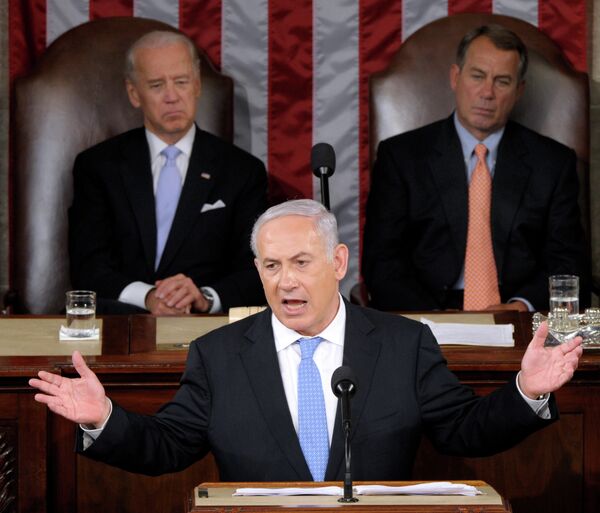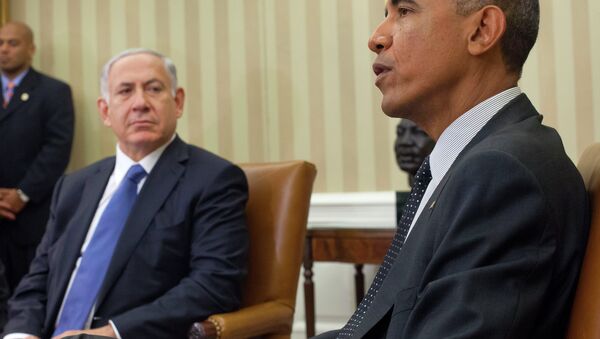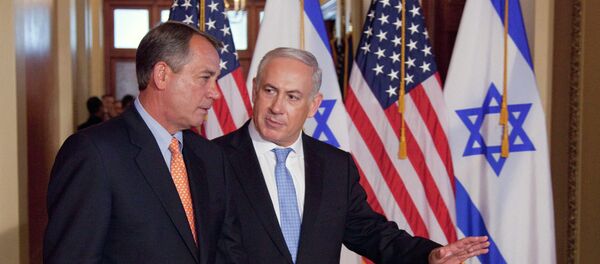"As a matter of long-standing practice and principle, we do not see heads of state or candidates in close proximity to their elections, so as to avoid the appearance of influencing a democratic election in a foreign country," White House spokeswoman Bernadette Meehan said in a statement.
Israel's election is scheduled for March 17. Netanyahu is scheduled to address Congress on March 3, days after he speaks at the American Israel Public Affairs Committee conference, which begins on March 1.
— Ed Henry (@edhenry) January 22, 2015
House Speaker John Boehner on Wednesday invited Netanyahu in a move to bolster opposition toward the Obama administration’s ongoing negotiations over Iran’s nuclear program, as well as the president’s promise to veto any new sanctions against Tehran.
The invite caught the White House off guard, and spokesman Josh Earnest suggested Boehner had violated protocol governing visits from foreign heads of state.
While Israel and the U.S. have been historically close allies, Netanyahu and Obama have clashed over the president’s attempts to broker a deal with Iran regarding the country’s nuclear program.
The prime minister is expected to give his full support of sanctions during his visit, which should demonstrate his solidarity with the newly Republican-controlled House and Senate.

"If that's the purpose of Prime Minister Netanyahu's visit two weeks before his own election, right in the midst of our negotiations, I just don't think it's appropriate and helpful," House Democratic Leader Nancy Pelosi said.
Meanwhile, the Israeli intelligence agency Mossad has broken ranks with Netanyahu, and has echoed Obama’s concerns that a new Iran sanctions bill would tank the Iran nuclear negotiations, Bloomberg reported.
Secretary of State John Kerry on Wednesday said that an unnamed Israeli intelligence official said the new sanctions bill would be “like throwing a grenade into the process.”
The bill, authored by Republican Mark Kirk and Democrat Robert Menendez, would enact new sanctions if the U.S. and other world powers are unable to broker a deal with Iran before the June 30 deadline.
The Obama administration is using the Israeli internal disagreement to undermine the bill.
Bob Corker, chairman of the Senate Foreign Relations Committee, is pushing for his own legislation on the Iran nuclear deal, which would not impose sanctions, but would require that the Senate vote on any pact that is agreed upon in Geneva.
The White House opposes both the Kirk-Menendez bill and the Corker bill. During his State of the Union Address on Tuesday Obama warned Congress to stay out of the delicate negotiations with Iran altogether.



